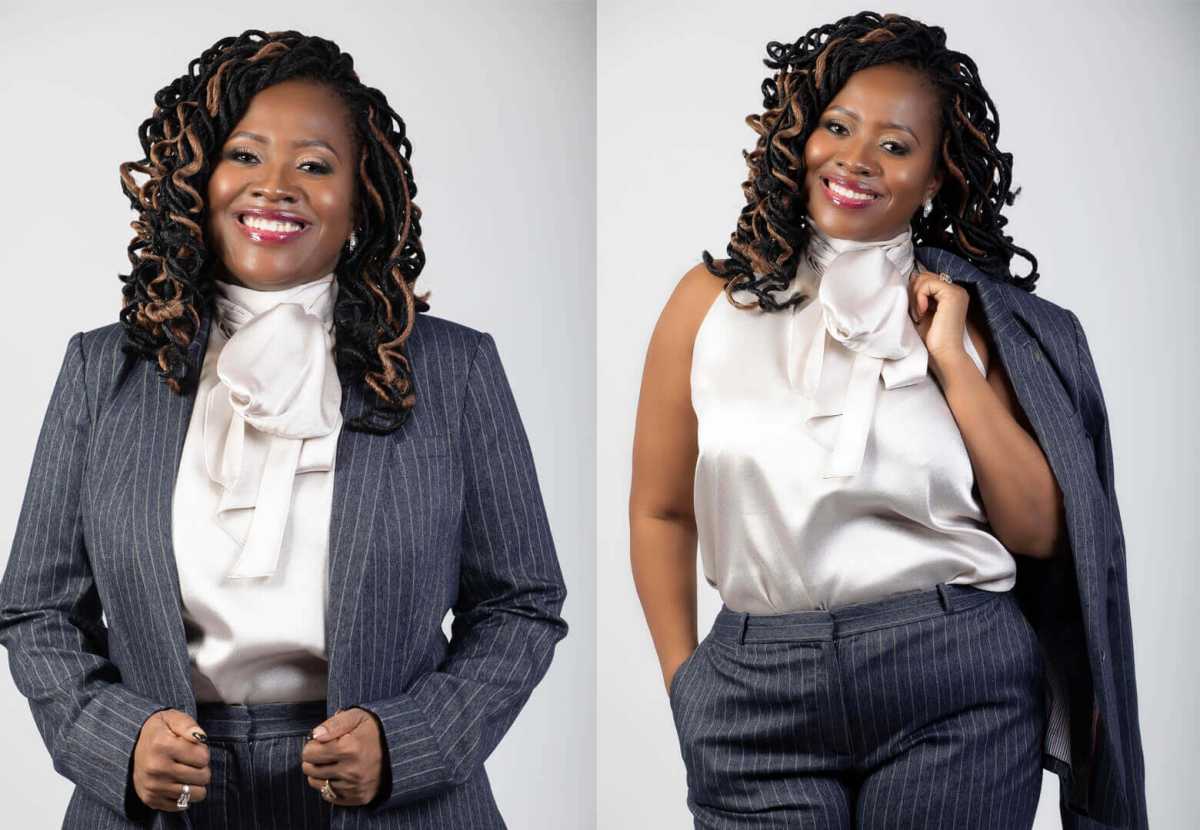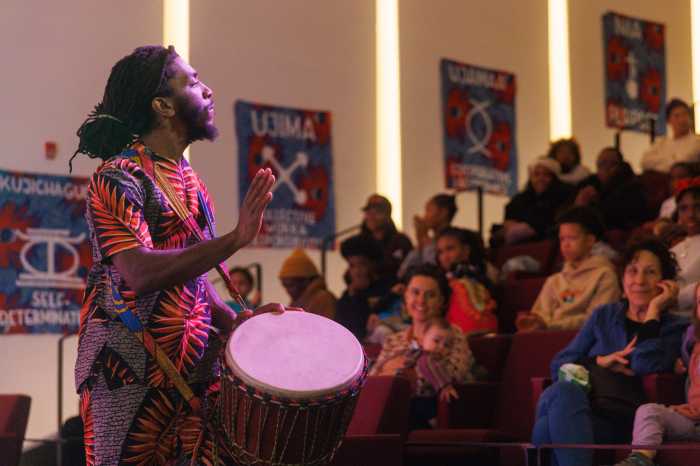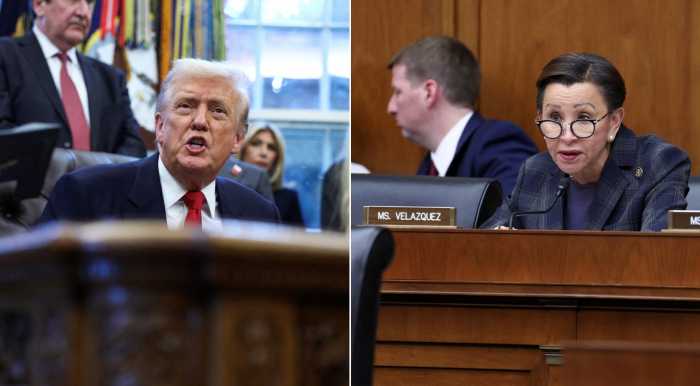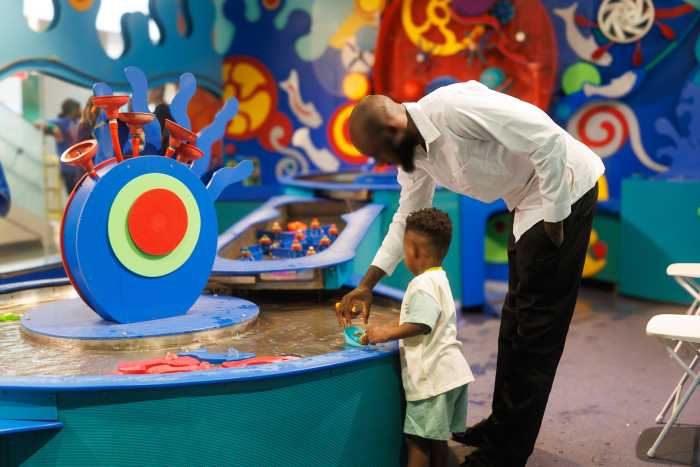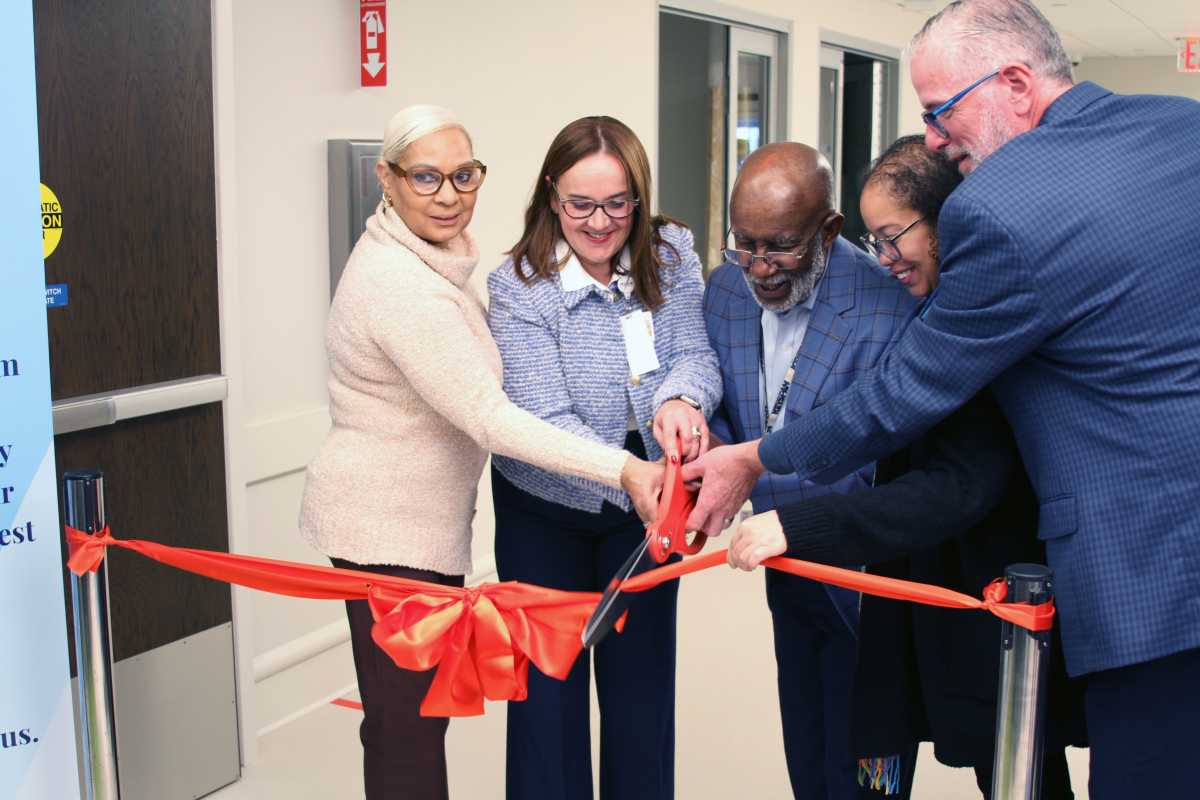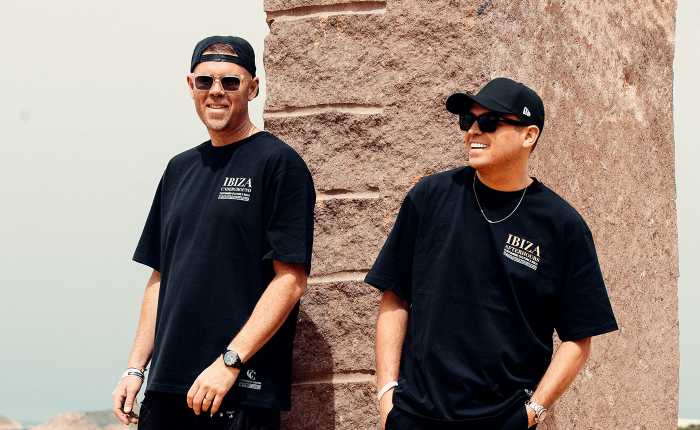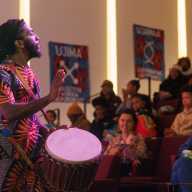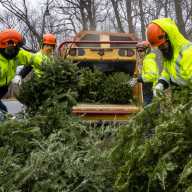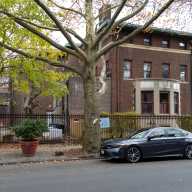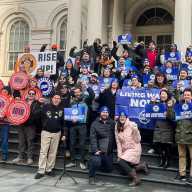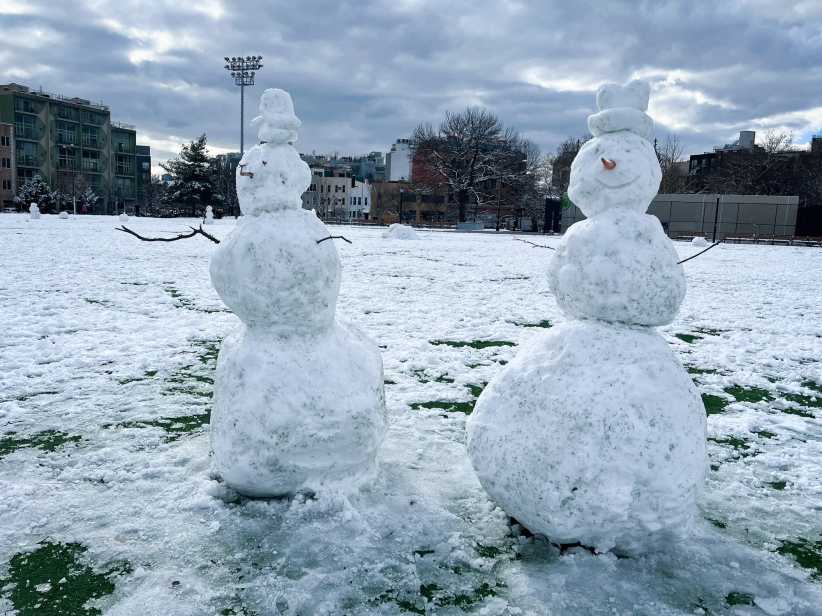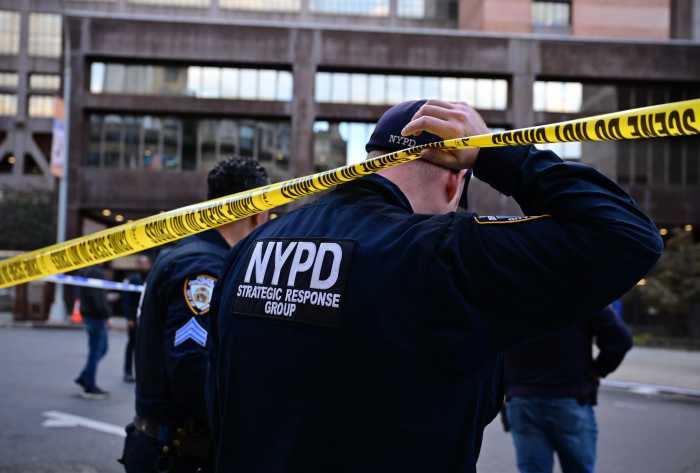A Brooklyn educator is empowering her young students by introducing them to social justice issues early on.
Over the last 23 years, Lakeasha Williams has held a myriad of positions within the Department of Education: a paraprofessional, a literacy coach, a special education administrator and an assistant principal. She currently serves as principal at PS 399 Stanley Eugene Clark in Flatbush, a position she’s held for almost three years.
For Williams, weaving social justice issues into education is important because kids need to learn early about other cultures — especially the ones present within their own school.
“Culturally responsive education is necessary and important. We have to affirm the children that are sitting in front of us,” said Williams. “So when we look at our education curriculum, everything that we do must represent the children in our classrooms. Every child that walks through our doors, guess what walks in with them — their language, their skin color, their culture. Therefore it is important that we know this about our children and we make sure that they know that their lives are relevant and are just as much a part of American culture as any other culture.”
Because the kids are amongst each other, Williams says it is the job of the educator to be able to relate to students when they’re teaching, especially considering the children’s different backgrounds.
“As the educators, it’s not up to our children to relate to us, it’s up to us to relate to our children,” said Williams. “We have to know the different cultures that exist within our schools and we have to affirm our children as often as possible so they know they matter.”
Williams’ efforts recently garnered attention when a “Brown Girls Empowerment” activity she did with her students went viral. Following the 2020 election, PS 399 students recited an empowering poem after Kamala Harris became the vice president-elect — a historic moment Williams was especially excited about, as it helped bring more representation to government.
“I knew that her win was important for young girls and children to see. I knew I had to do an activity with my kids,” said Williams. “Schools are not a separate entity from society, so they knew the election had gone on, they knew we were waiting to see who won and my children were so excited. They were ready to do the activity.”
“While I may be the first woman in this office, I will not be the last- because every little girl watching tonight sees that this is a country of possibilities.” Vice President elect, Kamala Harris ❤️✊🏾
Brown girl, Brown girl what do you see… @KamalaHarris @JoeBiden pic.twitter.com/EbEzqRzbz4
— Lakeasha Williams (@LakeWill611) November 9, 2020
Williams posted a video of the reading to social media and the clip quickly amassed more than 12,000 views on Facebook and Twitter. The video was also picked up by popular media platforms like ABC 7, WPIX11, and Now Politics.
The Brooklyn educator said she was elated to see the kind of response the video was getting and that it gave kids hope for the future.
“I wanted my students to know that it is possible. Even in their current circumstances, things may not appear to be that way, but hope is a very powerful thing,” said Williams. “That is what I always try to give my kids. That’s why I am at the elementary school level because that foundation that we build has to be strong and children need to know from a very early age that yes, it is possible.”
That kind of affirmation is even more important given her school’s demographics, Williams said.
“When we think about the demographics of my school — we had children living in shelters, a high poverty school — their circumstances may seem bleak but to constantly expose our children to people such as Kamala Harris gives them the fact that it is possible and most importantly it gives them hope,” she said. “You don’t ever want to lose out on our children having hope for their future.”
“To see representation in Kamala Harris and the video going viral and people responding in the manner, it just reaffirmed that what I am doing is absolutely necessary for education in the 21st century,” Williams added. “So that little Black and Brown girls know that they are not invisible — we see them, we affirm them, we are here to make sure that we give them all of the exposure and the experience that is necessary so they know that whatever it is they want to do in their life is possible.”
Williams was further inspired to make sure little girls of color had representation in her new book series, “Shine On Brown Girl.” After seeing that many women — not just women in New York City — were finally feeling represented, Williams felt she had to do more to help young girls feel the same way.
“We know that our experiences are worthy and mean something. The ‘Shine On Brown Girl’ series is about things that are relevant to us, to what we go through. Sometimes when children pick up books, it’s warm and fuzzy topics that they may be reading about but lending itself to empowerment and hope, but children must be able to see themselves in different materials,” said Williams. “It is a children’s book, but it’s based on things children go through every day. I want them to see themselves in the book but most importantly be empowered to know that we may have issues but there are certain things that we are going to do to resolve those issues and persevere on — no matter the situation may be, you can overcome it and will overcome it.”
Currently, Williams is working to get her student government mobilized — members of which will soon get to sit before a panel of elected officials to voice their concerns.
“Some of their concerns are food insecurity, safety, homelessness, the environment. We are not a separate entity from society and we want our children to know that this is true empowerment when you know you are the solution,” said Williams. “We are trying to plant the seeds that you have to be involved in the process and be a change agent for your community. I want my children to get that message early on.”
In an effort to give her kids some real-world applications for their learning, Williams runs a college and career fair to teach students about skills and entrepreneurship. PS 399 also has an entrepreneurship program where kids can learn how to develop and run their own businesses, and Williams is working to create a mentoring program where New York City schoolchildren can have a regular mentor that is there for them.
“They need to feel like someone is there for them to talk about whatever, or even just to play a game with them,” Williams said. “That togetherness and connectedness is very vital for children.”
The famed principal aims to expand her work into the community with an initiative called Brickhouse Unlimited, set to launch this spring. But, as she broadens her horizons, Williams recognizes that she must also keep her work going within her schools.
“Being a social justice leader is about taking experiences, the real-life experiences, that our children experience and helping them with their lives. It’s so much more than teaching reading, writing and math,” said Williams. “It’s helping them overall with life and to know that anything they want to do is possible, but more importantly that they are the change agents. Being an educator, it’s our job to get this right. All people pass through us.”
This story first appeared on AMNY.com.


